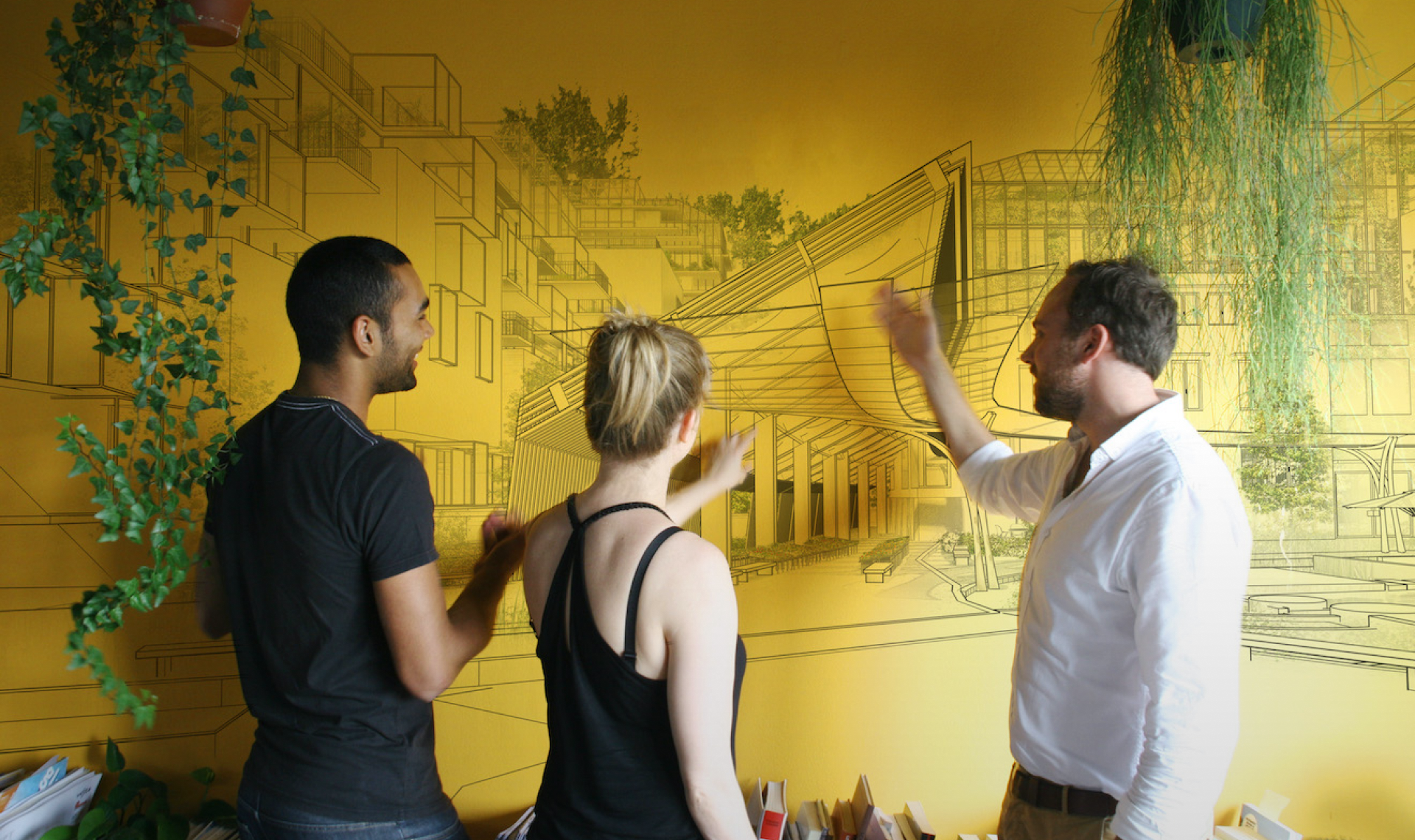Nature strikes back at the Amazon, sleep less while improving your productivity, radioactivity of Fukushima continues to spread, and chemicals you want to avoid (but are somehow still used in children’s toys?). Read it in this freshly formatted Wormfood, now with more pictures than ever. The new format took a little bit of time to prepare, apologies for the delay of this edition. Next edition will be on time, I promise!
Energy & Environment: Nature strikes back

-
Cutting down the Amazon rain forest could significantly reduce the amount of electricity produced from hydropower. A serious problem for Brazil because 29% of its electricity is generated by hydropower (in 2010). Researchers found that if forests continue to be destroyed, the energy produced by one of the world's biggest dams could be cut by a third.
- Another effect of deforestation in the amazon is the decrease of agricultural yields. Climate feedbacks, usually ignored in studies, impose a reduction in precipitation that would lead agricultural expansion in Amazonia to become self-defeating: the more agriculture expands, the less productive it becomes.
Global News: China's Artic plans

-
China wins observer status in the Arctic Council. Rising temperatures have boosted international interest in the polar region, as melting ice causes transport routes to open up. Also, it makes inaccessible mineral resources easier to exploit. Many countries want to get access to these and through their observer status they can exert influence on decisions made about the Artic. Other countries given permanent observer status were India, Italy, Japan, Singapore and South Korea.
-
Poor nations are deprived of billions in taxes, because half of all foreign investments are chanelled through tax havens. This according to an influential report by the international organisation ActionAid. ActionAid claims that among them are single transactions that could have provided every Indian primary school child with a subsidised meal for a year if it been taxed fully.
Business & Economy: Carbon trading in China

- China has unveiled details of its first pilot carbon-trading programme, which will begin next month in the southern city of Shenzhen. The trading scheme will cover 638 companies responsible for 38% of the city's total emissions.
- Europe is failing in the fight against youth unemployment. Youth unemployment will top the agenda of a summit of European leaders in June.
- Water shortages inhibit China's economic growth. Eight of China’s 28 provinces are as parched as countries in the Middle East such as Jordan and Syria, and Beijing has for the first time issued water quotas to every province. In addition, China’s water resources are just a quarter of the world average.
Science, Technology, & Design: Chemicals in toys

- A large study found chemicals of high concern in thousands of children's products. Their exact effect remains uncertain because few of the chemicals have been researched on human exposure.
- Consumers thanked one of the world's largest producers of personal care products, Johnson & Johnson, for removing many chemicals from its baby products. This decision was heavily influenced by public opinion.
- Scientists say they have detected radioactive cesium from the Fukushima No. 1 nuclear plant in plankton. According to Minoru Kitamura, a marine ecologist, plankton plays a key role in the dispersion of radioactive cesium because fish eat plankton. Like all radionuclides, exposure to radiation from cesium-137 results in increased risk of cancer.
Urban Environment: Dangerous radiation or bad science?

- Swedish ninth-graders designed a science experiment to test the effect of cellphone radiation on plants. Their findings suggest a negative effect of this radiation on the growth of garden cress. Is it remarkable that these students found this effect or is it just a great example of bad science?
Unexpected and Intriguing: Gerbils in space

-
A Russian spacecraft returned to Earth with most of its furry crew dead. "Unfortunately, because of equipment failure, we lost all the gerbils."
- Lego employees built a life-sized, five-million-brick model of a Rebel X-Wing fighter. 32 people spent 17,000 hours building the 13 meter long (43 ft), 20.856 kg replica — the largest Lego model in the world.
- Want to try something new? Experiment with these alternative sleep cycles. The result? A much more efficient sleep cycle while experiencing “the most vigorous and alert condition I have ever enjoyed.”
- Uberman Cycle: taking 20 to 30 minute naps every 4 hours, resulting in 6 naps each day.
- Everyman Cycle: One longer “core” nap that is supplemented with several 20-30 minute naps.
- Dymaxion Cycle: Sleep for 30 minutes every 6 hours. That’s 2 hours a day of sleep.
This bi-weekly digest is made by assembling items from all of Except’s people. Have questions, comments, or news items to suggest? E-mail merel.segers@except.nl. Read past Wormfood global news reports here.
May 28, 2013

